Revising the oral comprehensive exam in the UHM Marine Biology Graduate Program
The Marine Biology Graduate Program has established an ad-hoc committee to review existing protocols of the comprehensive exam …

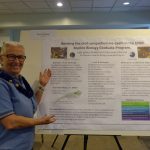
The Marine Biology Graduate Program has established an ad-hoc committee to review existing protocols of the comprehensive exam …
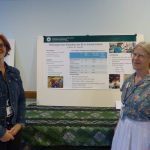
For the BS in Animal Sciences supervisor evaluations from the capstone field experience provide a valuable external check …
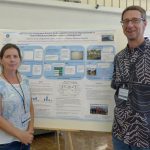
In this poster, assessment activities in Natural Resources and Environmental management (NREM) were designed to address three critical …
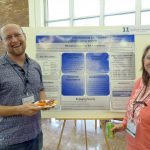
This poster describes strategies to build faculty capacity in curriculum design and alignment and ways to plant the …
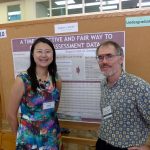
Assessment efforts at the University of Hawaiʻi at Mānoa strive to help departments meet learning objectives the departments …
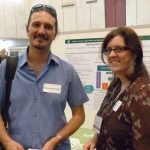
Two departments have begun the process of merging undergraduate programs to address a number of challenges faced by …
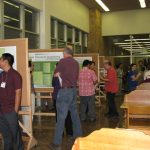
The Department of Botany faculty members have completed the initial steps of developing a program assessment plan for …
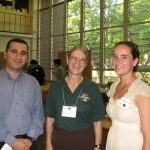
A successful Animal Science program produces graduates that are well-prepared to assume professional roles in the work force …
The Food Science and Human Nutrition (FSHN) Undergraduate program has established an ad-hoc committee to assess written communication …
Many students find sequenced courses to be challenging due to prerequisite knowledge being the starting point in each …
This project establishes a programmatic assessment plan for the Bachelors of Science program in Molecular and Cell Biology …
Student learning outcome (SLO) statements made by an educational program serve as targets for achievement and openly communicate …
This poster will describe a systematic approach to increase knowledge and build capacity among college-level assessment leaders for …
This assessment project describes how the Mathematics, Natural and Health Sciences Division faculty at the University of Hawai’i …
Since 2020 the University of Hawaii, Manoa School of Life Sciences has developed curriculum and assessment for all …